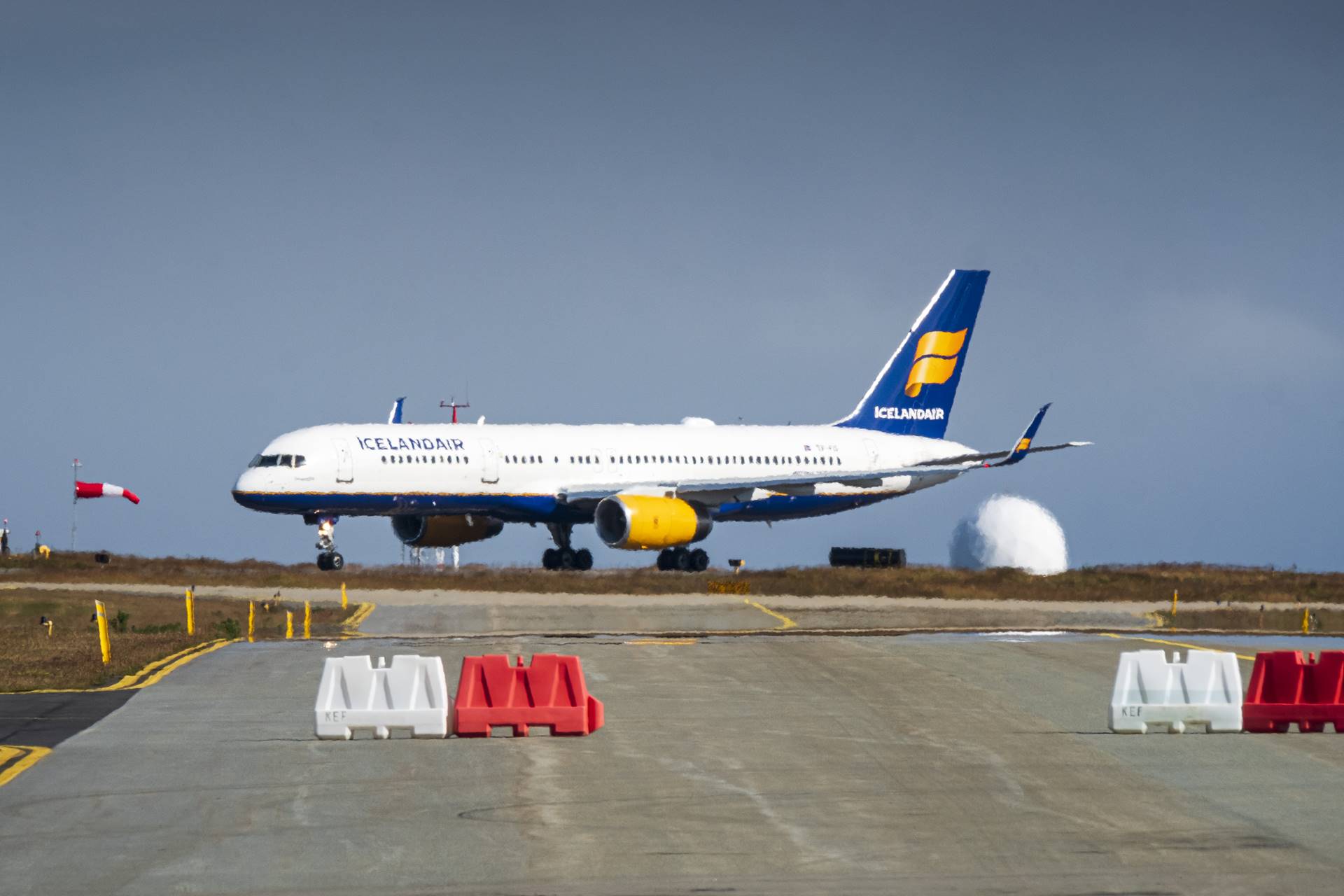Exemption from border measures for vaccinated individuals to be extended to non-Schengen countries
The Icelandic government has announced that all those who have been fully vaccinated against COVID-19 will be allowed to travel to Iceland without being subject to border measures, such as testing and quarantine. Until now, this exemption has only applied to those presenting certificates from the EU/EEA Area but will now apply equally to everyone who can provide proof of a full vaccination with a vaccine that has been certified for use by the European Medical Agency as well as requirements defined by the Chief Epidemiologist of Iceland and Icelandic regulations. Certificates from the the World Health Organization (WHO) (the International Certificate of Vaccination or the Carte Jaune/Yellow Card) are also accepted for vaccines the WHO has validated.
The exemption also applies to those who can provide valid proof of prior infection. Documentation on prior infections must be in accordance with the requirements defined by the Chief Epidemiologist.
“The world has been through a lot in the past twelve months, and we are all hoping for a slow and safe return to normalcy. This also includes the resumption of the opportunity to travel, which is valuable to culture, trade and enterprise. The decision to apply border exemptions for vaccinated individuals to countries outside the EU/EEA area is a logical extension of our current policy,” says Katrín Jakobsdóttir, Prime Minister of Iceland.
Iceland has maintained a policy of exempting EU/EEA citizens with prior infection, as well as those who are fully vaccinated, from all border measures. "Our experience and data so far indicate very strongly that there is very little risk of infection stemming from individuals who have acquired immunity against the disease, either by vaccination or by prior infection. When people are protected against the same disease, with the same vaccines that are produced by the same companies, there is no medical reason to discriminate on the basis of the location where the jab is administered. Our experience shows that the risk of infection from vaccinated individuals is very small or negligible." says Thórólfur Gudnason Chief Epidemiologist.
Iceland has announced that from 1 May it will use the ECDC risk assessment colour code at the border. From that time travellers from low-risk areas (green and yellow) will be exempt from quarantine measures if they present a negative PCR result at the border.
Since 16 February, a negative PCR test is required prior to departure when travelling to Iceland. Additionally, a PCR test is mandatory at the border followed by a five-day quarantine and a second test. Vaccinated individuals and those with prior infection are exempt from the measures.
Currently 30 individuals are in isolation with an infection, 24 are in quarantine due to suspected exposure. No one is hospitalized due to COVID-19 in Iceland.
Since the beginning of the pandemic, every positive sample of the SARS-CoV-2 virus has been sequenced by Icelandic biotech firm, deCode Genetics. Through these efforts it has been established that most of domestic transmission since 15 September are due to a particular variant of the virus, but all other variants, including B.1.1.7. have been contained at the border.
Please note that travel to Iceland from outside the EEA/Schengen area is still restricted. However, on March 26 a government regulation will come into effect that allows non-essential travels to Iceland from outside the EEA/Schengen-area for passengers who can provide valid proof of vaccination or prior infection, in addition to those on essential business.
- Further information on certificates of vaccination against COVID-19 accepted at the border
- Further information on certificates regarding previous COVID-19 infection that are accepted at the border in Iceland
This press release has been amended since its original publication.

